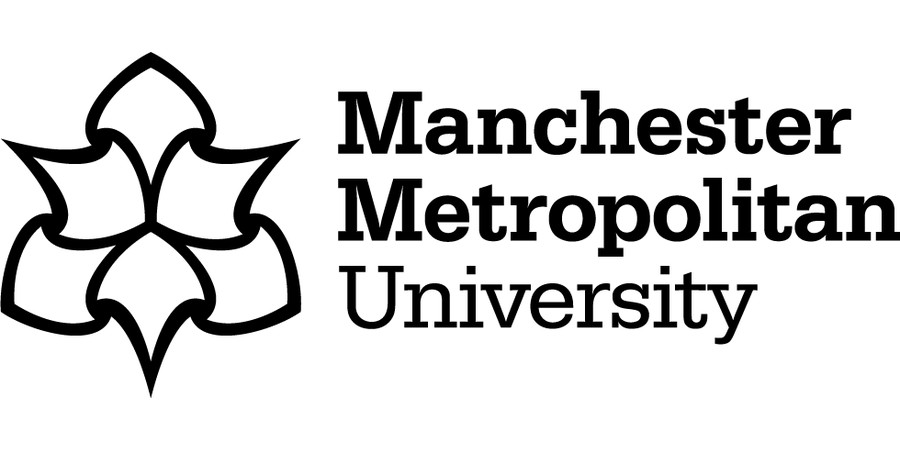PhD Studentship: Generating Green Hydrogen out of Thin Air
Manchester Metropolitan University
| Qualification Type: | PhD |
|---|---|
| Location: | Manchester |
| Funding for: | UK Students, EU Students, International Students |
| Funding amount: | Please refer to advert. |
| Hours: | Full Time |
| Placed On: | 27th August 2025 |
|---|---|
| Closes: | 10th September 2025 |
| Reference: | SciEng-YR-2025-26-April-VopourEL |
Vapour fed electrolysers can generate green hydrogen even from impure water sources. However, water vapour itself contains gaseous impurities. During this 3-year PhD, we will design and characterise mitigation strategies to prevent performance losses due to these impurities.
We will explore both experimental techniques as well as computational models to provide feedback for designing higher efficient electrolyser devices. However, we do not expect you to have prior knowledge of fabricating and running electrolysers or computational models. You will get the opportunity to learn from both the experienced supervisory team and other research group members at the Manchester Fuel Cell Innovation Centre. Additionally, you will work in parallel with another industrial partner-funded PhD project based on liquid water-fed systems.
The project will be jointly supervised by Dr Yagya Regmi and Prof Laurie King. This new project will be highly collaborative and interactive, and so you will have the opportunity to learn all of the required techniques from our highly supportive and skilled research group. The project will also provide you with many opportunities to work alongside our industrial and academic project partners. Our research group is housed within the state-of-the-art £117M Dalton building facilities at Manchester Met.
Project aims and objectives
The primary objective of the study is to study the effects of impurities on vapour fed water electrolysers, and the primary aim is to develop mitigation strategies to make the vapour fed electrolysers a commercially viable technology for niche applications. The outcomes of the PhD will be equally applicable to hydrogen production as well as to utilising carbon dioxide to generate valuable chemicals.
Funding
Home and international students can apply. Only home tuition fees will be covered for the duration of the three-year award, which is £5,006 for the year 2025/26. Eligible international students will need to make up the difference in tuition fee funding (Band 3 £30,500 for the year 2025/26).
The student will receive a standard stipend payment for the duration of the award. These payments are set at a level determined by the UKRI, currently £20,780 for the academic year 2025/26.
Specific requirements of the candidate
Essential Skills:
- A background in chemistry, physics, materials science, engineering or related fields.
- Enthusiasm for multidisciplinary research and problem-solving.
- Highly motivated student.
- Ability to work independently and as part of a team.
How to apply
Interested applicants should contact Principal Investigator Dr Rehan Junejo (R.Junejo@mmu.ac.uk) for an informal discussion. Shortlisted applicants will be interviewed prior to appointment.
To apply you will need to complete the online application form for a full-time PhD in Bioscience (or download the PGR application form).
As part of the application, you should also complete a standard CV and a cover letter, addressing the project’s aims and objectives, demonstrating how the skills you have map against the areas of research, essential/desirable skills and personal attributes. You should also address why you see this particular research area as being of importance and interest.
If applying online, you will need to upload your statement in the supporting documents section, or email the application form and statement to pgradmissions@mmu.ac.uk
Closing date: 10 September 2025
Expected start date: January 2026
Please quote the reference: SciEng-YR-2025-26-April-VopourEL
Advert information
Type / Role:
Subject Area(s):
Location(s):









